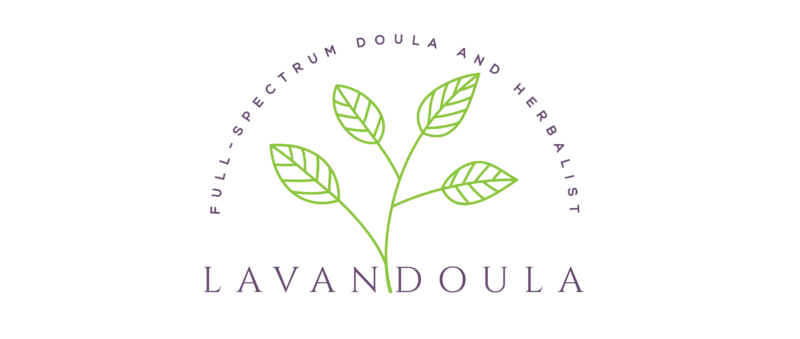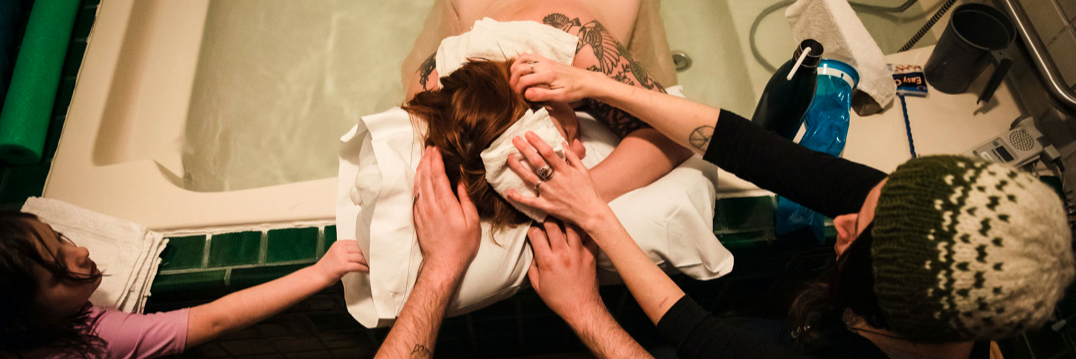A few folks in my life have recently asked how I feel about the divisive/controversial ProDoula articles that are circulating. Honestly, as someone who chooses not to use any social media, I probably would have missed this entirely if folks didn’t bring it to my attention. I was relatively preoccupied while attending two clients’ 37-week labors, organizing the year’s goals with the steering committee of the Boston Doula Project, and encapsulating another client’s placenta.
Generally, I think there is enough space in Boston (I can’t speak for smaller or more rural communities) for many types of doula practices and their clients. While some doulas have always argued that providing free or very low-cost services devalues doula work as a profession, others continue to provide free or very low-cost services because it is exactly what they are called to do. I absolutely believe folks need to charge a rate for their work that is sustainable to them. On-call support for labor is extremely valuable, and not just because the studies show doulas save thousands of dollars in healthcare costs. We literally prevent trauma (and hold space for trauma that exists) on a regular basis.
The ProDoula founder is right to say that plumbers don’t worry about people who can’t afford to hire plumbers, but birth is not the same as home repairs. Supporting one another in the childbearing year is something that people have always done, and are always going to do. We live in a time and place in human history where folks aren’t all having 15 babies, witnessing 10 younger siblings be born, hanging out around groups who are feeding babies at their chests, and having that community of support built in. We’re giving birth in hospitals, often in big cities far away from family. Most often, the first birth people witness is their own baby’s! We’re needing to pay people out of pocket to create a sense of that lost community support. This used to be culturally built-in, for everyone, for free.
I’m all for folks charging what they need to in order to make their work sustainable – that part’s important and isn’t typically emphasized in many doula trainings. Most doula trainings emphasize what’s normal in birth and postpartum, what’s not, how to be a compassionate and competent helper and how to plug into the extended community of resources for when you need to make referrals. These articles make it sound like ProDoula’s trainings emphasize profits, avoiding the local community (“ProDoula tells doulas to ignore local doula collectives — why fraternize with the competition?”) ostracizing new doulas, and not making referrals because your agency provides The Best And Only care.
- Kara Schamell, at Modern Mama Midwifery has tons of experience, especially in sanitation techniques and lab safety as a midwife. We back up each other’s placenta clients in the case of travel or client birth overlap.
- Jennifer Lynn Frye, at New England Placenta Encapsulation, who has a background in nursing, and has been providing this service since 2014. She was also part of the first-ever batch of Boston Doula Project trainees.
- Jennifer Lewis, at New Life Blessings has encapsulated over 250 placentas in MA, RI and CT.

